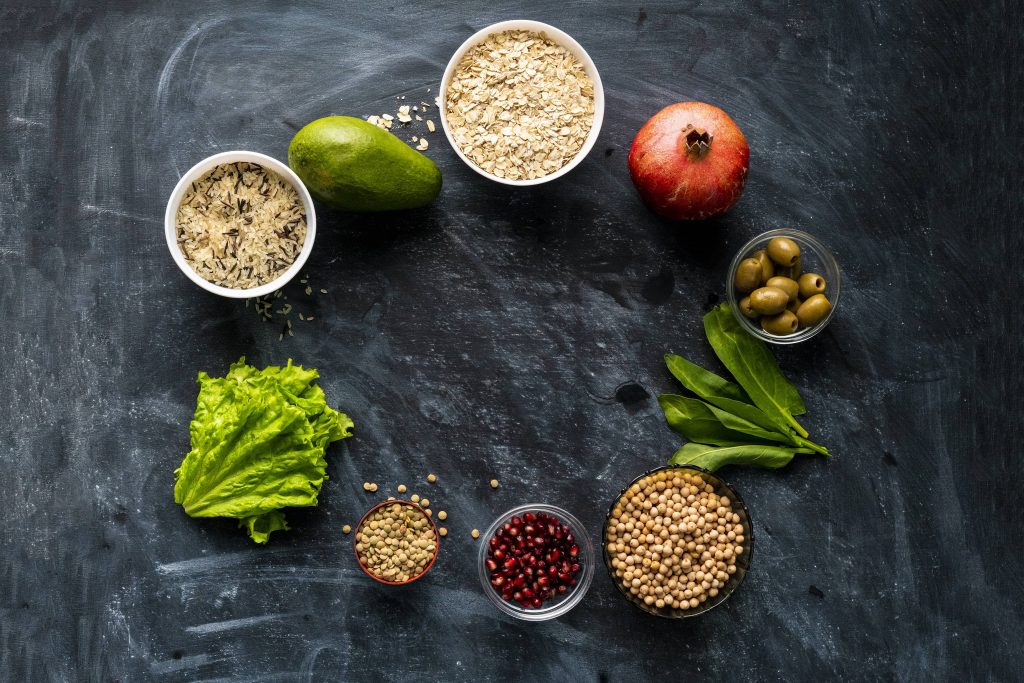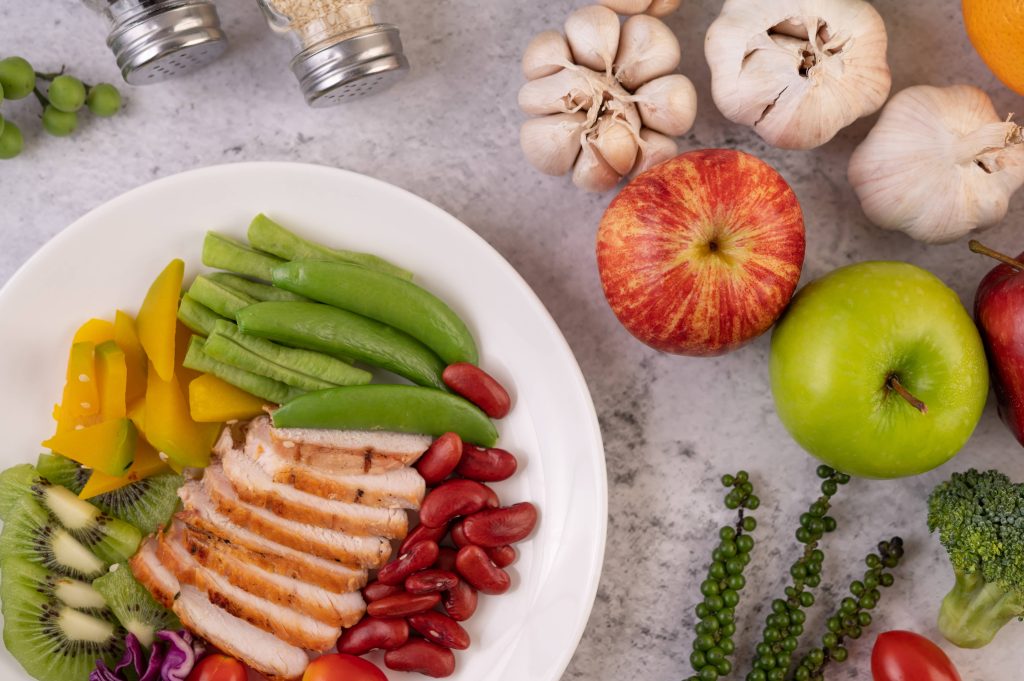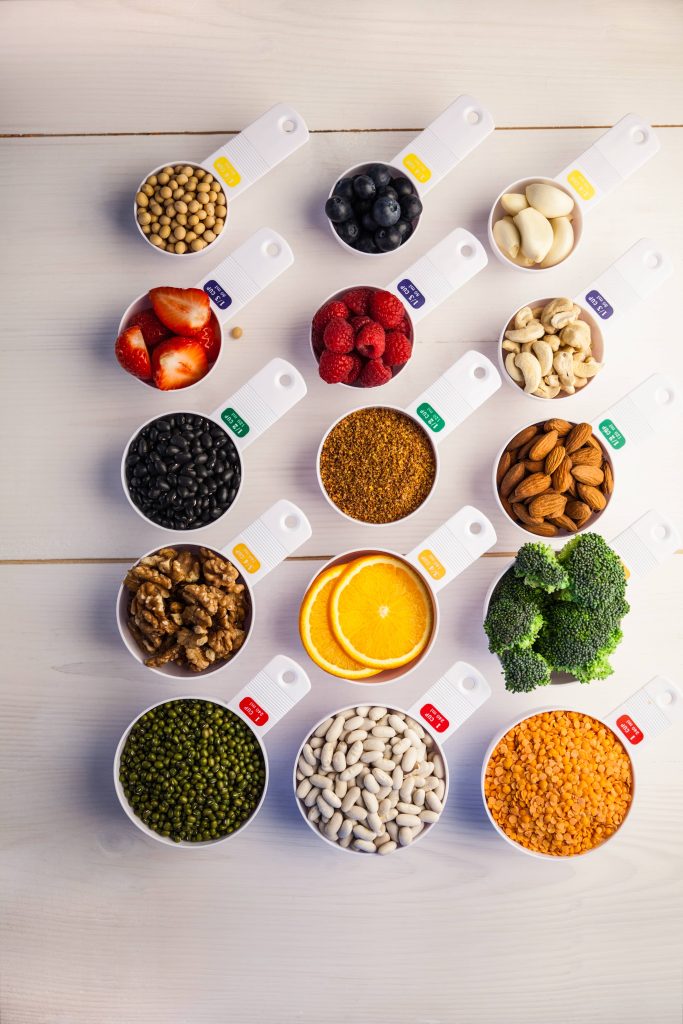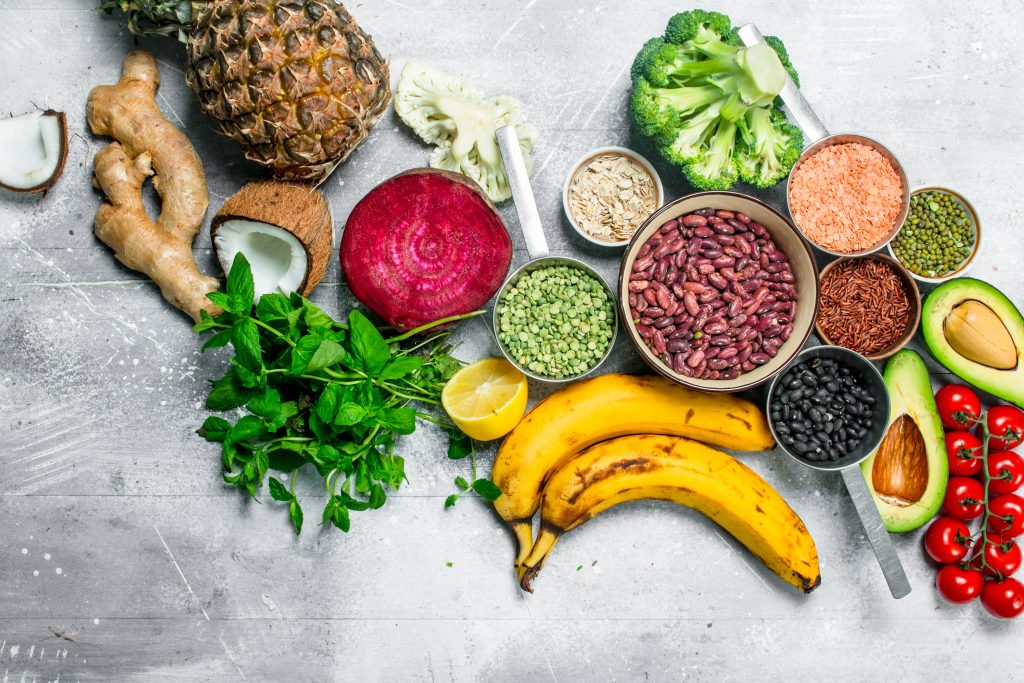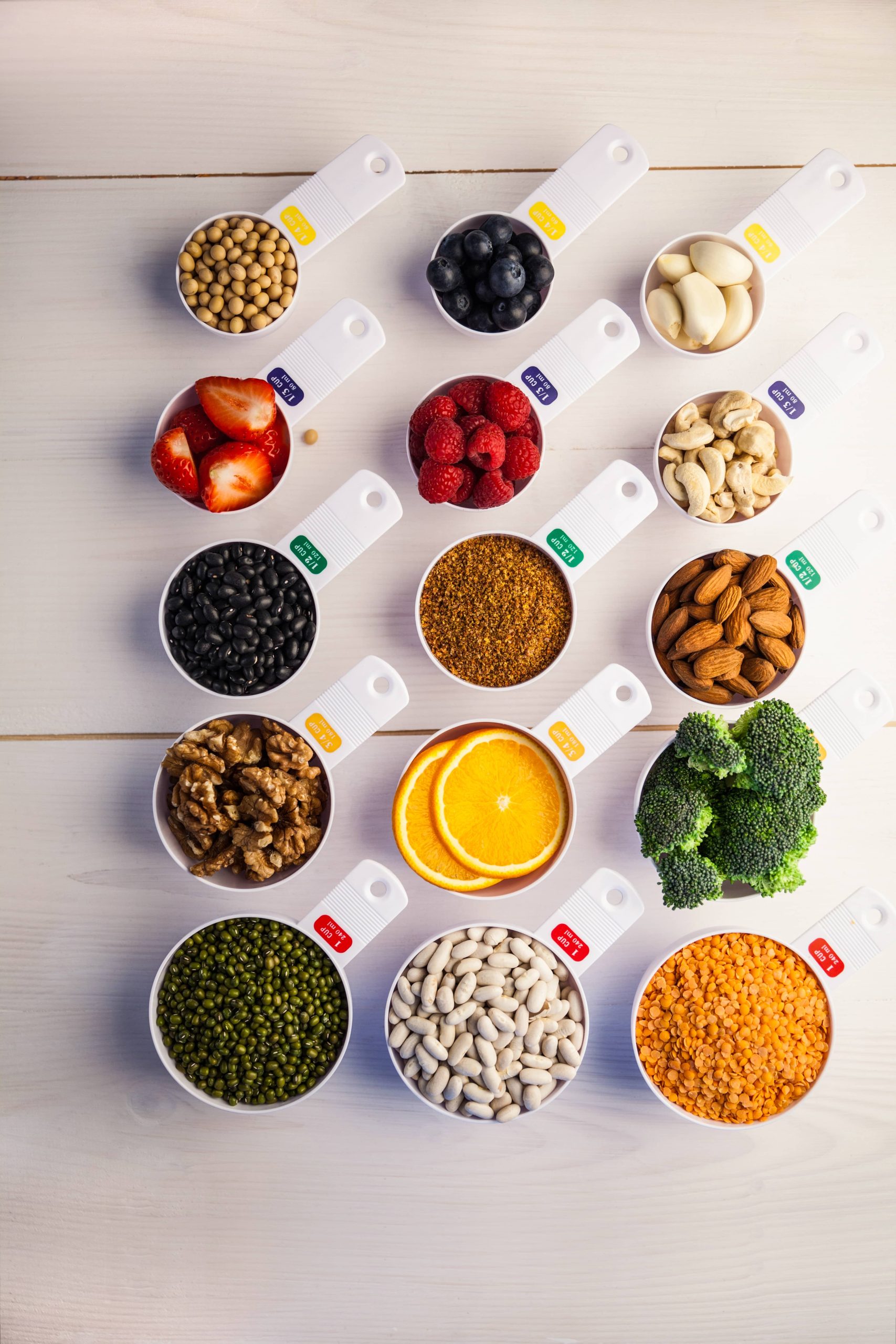
Polycystic Ovary Syndrome (PCOS) is a common condition affecting women of reproductive age, characterized by hormonal imbalances, irregular menstrual cycles, and often, cysts on the ovaries. In addition to these challenges, women with PCOS may experience insulin resistance, weight gain, and difficulty losing weight. While there is no cure for PCOS, adopting a healthy lifestyle and specific dietary habits can significantly help manage symptoms and improve quality of life. This article provides dietary advice tailored to women managing PCOS, aiming to offer guidance toward achieving hormonal balance, weight management, and enhanced well-being.
Understanding the Role of Diet in PCOS
Diet plays a crucial role in managing PCOS due to its impact on insulin resistance and weight, both of which are central to the condition. Insulin resistance, a common feature of PCOS, refers to the body’s reduced sensitivity to insulin, leading to elevated blood sugar levels and increased insulin production. This can exacerbate symptoms, making it vital to focus on a diet that stabilizes blood sugar and insulin levels.
Embrace a Low Glycemic Index (GI) Diet
Adopting a low GI diet can help mitigate insulin spikes and maintain stable blood glucose levels. Foods with a low GI are digested slowly, causing a gradual increase in blood sugar. Incorporating the following into your diet can be beneficial:
– Whole Grains: Opt for whole grains such as barley, quinoa, brown rice, and oats instead of refined grains. These options are not only low GI but also rich in fiber, aiding digestion and providing sustained energy.
– Non-starchy Vegetables: Include a variety of non-starchy vegetables like leafy greens, peppers, and broccoli. These foods are low in calories and high in essential nutrients.
– Legumes and Pulses: Beans, lentils, and chickpeas are excellent sources of protein and low GI carbohydrates, making them ideal for a PCOS-friendly meal.
Balance Protein and Carbohydrates
Including adequate protein in each meal can help manage hunger, stabilize blood sugar levels, and boost metabolism. Aim for a balance between protein and carbohydrates to ensure steady energy throughout the day. Consider the following protein sources:
– Lean Meats: Chicken, turkey, and fish are excellent sources of lean protein.
– Plant-based Proteins: Tofu, tempeh, and edamame offer high-quality protein and are particularly beneficial for those following a vegetarian or vegan diet.
– Dairy or Dairy Alternatives: Greek yogurt or fortified plant-based yogurts can be a good addition to your diet, providing both protein and calcium.
Incorporate Healthy Fats
Healthy fats are essential for hormonal balance and reducing inflammation in the body. Foods rich in omega-3 fatty acids and monounsaturated fats are particularly beneficial. Consider adding the following to your meals:
– Nuts and Seeds: Almonds, walnuts, flaxseeds, and chia seeds are excellent sources of healthy fats and fiber.
– Avocados: Rich in monounsaturated fats and other nutrients, avocados can be a delicious addition to various meals.
– Fatty Fish: Salmon, mackerel, and sardines provide omega-3 fatty acids, which are known for their anti-inflammatory properties.
Limit Added Sugars and Processed Foods
Foods high in added sugars and heavily processed items can lead to insulin spikes, weight gain, and increased inflammation. To manage PCOS effectively, it’s crucial to limit:
– Sugary Beverages and Snacks: Reduce consumption of sodas, flavored coffees, sweets, and pastries. Opt for natural sweeteners like honey or stevia in moderation, if necessary.
– Processed Meats and Refined Grains: Avoid processed meats and switch from refined grain products to whole grain alternatives as discussed earlier.
Stay Hydrated and Mindful
Hydration plays a crucial role in overall health, including the management of PCOS. Adequate water intake can aid digestion, improve skin health, and support weight management. Aim for at least 8 cups (about 2 liters) of water daily, adjusting for climate and activity level.
In addition to mindful hydration, practice mindful eating. Being aware of hunger and satiety cues, eating slowly, and appreciating your meals can foster a healthy relationship with food, which is crucial for both physical and emotional health.
Supplements and Herbal Remedies
While diet is central, certain supplements may support PCOS management. Consult a healthcare provider before starting any supplements, but some options to explore include:
– Inositol: A vitamin-like compound that may improve insulin sensitivity and ovarian function.
– Vitamin D and Omega-3 Supplements: Both of these can help reduce inflammation and support overall health.
Conclusion
Managing PCOS through diet involves focusing on a balanced intake of low GI carbohydrates, lean proteins, and healthy fats while limiting sugar and processed foods. Coupled with regular physical activity and stress management, these dietary strategies can help women with PCOS navigate their symptoms more effectively. Remember, each individual’s experience with PCOS is unique, and working with a healthcare provider or dietitian can ensure that dietary choices align with personal health needs. By making informed dietary choices, women managing PCOS can take proactive steps toward improved health and well-being.

